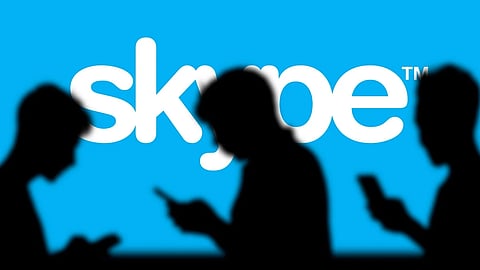Key topics:
Skype officially shut down on 5 May 2025
Users urged to switch to Microsoft Teams
Skype’s decline mirrors other tech giants’ downfalls
Sign up for your early morning brew of the BizNews Insider to keep you up to speed with the content that matters. The newsletter will land in your inbox at 5:30am weekdays. Register here.
Support South Africa’s bastion of independent journalism, offering balanced insights on investments, business, and the political economy, by joining BizNews Premium. Register here.
If you prefer WhatsApp for updates, sign up to the BizNews channel here.

